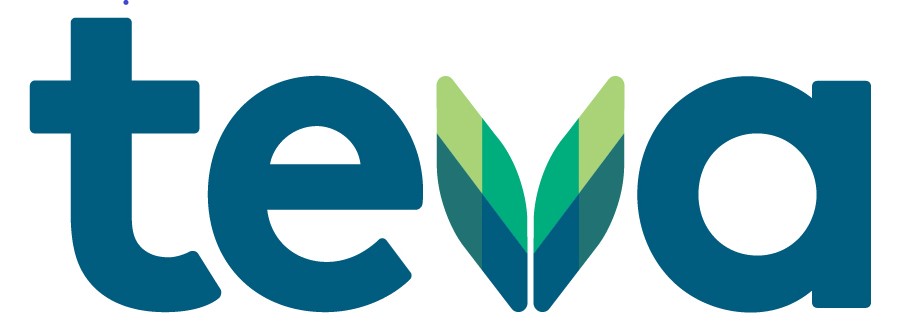Whether you’re an experienced medical practice manager, brand new to the position, or looking to hire someone to fill a management role, it’s always good to understand the skills that go along with job. Medical practice managers face unique challenges, and a good one requires the right combination of experience, education, and common sense. Below are the top five skills that a great medical practice manager should possess. No matter where you are in your career, it’s always a good idea to make sure you’re nurturing these skills and keeping them sharp.
- Organized yet flexible.
When you manage a rheumatology practice, there are many things to keep organized. From patient information to insurance claims to records management, the amount of paperwork—much of it private and protected—needs to be accessible and organized at all times. If something falls through the cracks, or an important document is lost, it will cost the practice time and money. In some cases, it can even affect a patient’s health. That said, it’s also important to be flexible. Things don’t always go as planned, and a good manager knows how to roll with the punches, adjust expectations on the fly, and make sure all the necessary steps are taken, no matter what order they happen in.
- Compassionate and caring, even in a crisis.
Patients generally come to your practice because something is wrong, and they’re looking for relief. No one visits their physician on their best day; often, they show up to your practice on their worst day. Good practice managers can set aside their own moods and attitudes, and treat each patient with compassion and dignity no matter what is going on in their personal lives.
- Strong communication skills.
Rheumatology practice managers must be able to communicate effectively with a wide variety of people from all walks of life. Physicians, staff, and patients all need important information and the manager is the one who must ensure they get it. This means they need to be able to communicate well in person, on the phone, through email, and via documentation. These skills will help the practice run smoothly and are incredibly important.
- Interested in rheumatology and professional development.
Rheumatology practices deal with a very specific subset of medicine. While managers don’t need to be rheumatologists (that’s why there are physicians!) a higher-than-average interest in and knowledge of rheumatology and associated topics is always a good idea. Let’s face it—when a patient needs an answer, they will ask the first person they see. Often, that person is the practice manager. A good manager will be able to answer basic questions and put patients at ease.
- Reliable, dependable, and dedicated.
This goes for any job, not just rheumatology practice managers. When you manage a practice, many people are depending on you. A manager who shows up for all their shifts on time, cares about the practice, and looks out for staff will go a long way toward making the practice a pleasant environment to work and a great place to get treatment. For a good medical practice manager, that is the ultimate goal and the best sign of success.




















